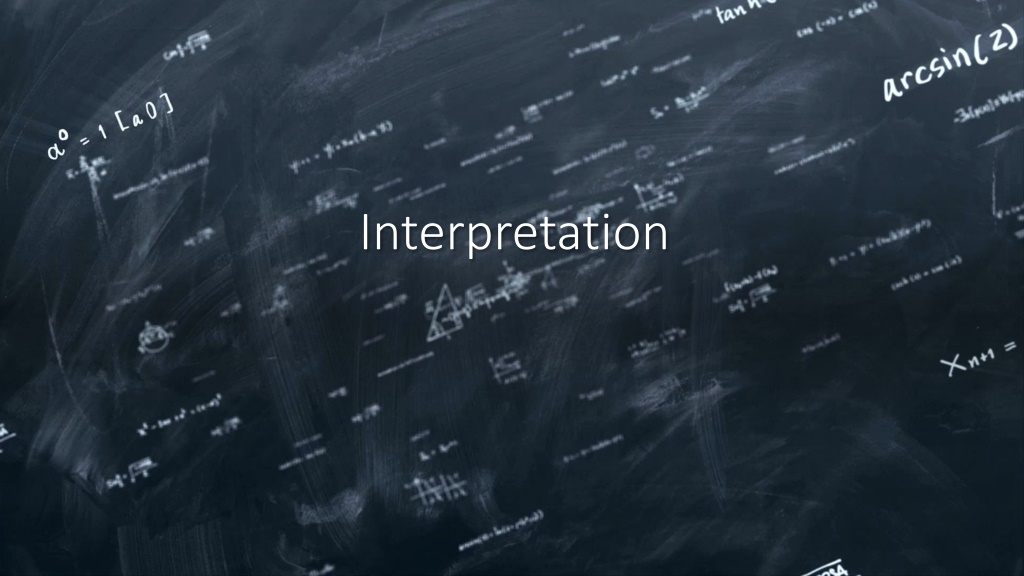Understanding Generalization in Research Studies
Generalization in research refers to the extent to which findings can be applied on a larger scale. It is essential for the credibility and applicability of research results. The process of generalization involves statistical generalization and analytical generalization, each serving different purposes in expanding knowledge and theories. Transferability is also crucial, allowing researchers to leverage findings from one study to further their work. Elements of generalization include universal laws and statistical laws, showcasing the varying degrees of applicability in research.
Download Presentation

Please find below an Image/Link to download the presentation.
The content on the website is provided AS IS for your information and personal use only. It may not be sold, licensed, or shared on other websites without obtaining consent from the author. Download presentation by click this link. If you encounter any issues during the download, it is possible that the publisher has removed the file from their server.
E N D
Presentation Transcript
Generalization is a measure of how broadly the findings of a research study can be applied on a larger scale. For research to generalize well, the study s findings should apply to a larger population and to different scenarios. Generalization brings legitimacy to research work. It demonstrates that the representative sample is a useful data set in understanding the population. Generalization is highly dependent on how accurately the sample represents the population. A sample needs to be an honest representation of the population if generalization is to be achieved. Generalization
Generalization is the outcome of a process and not a value to be obtained. The generalizability of a study is known at the end of the research process. It takes various forms depending on the field of study and methodology applied. The most common types of generalization found are as follows: Types of Generalisation 1.Statistical generalization: It is the ability of a research study to generalize the findings of the sample to the population. Statistical generalization is attained through studying a sample that is a true representative of the population. This kind of generalization is most common in quantitative research analysis.
Analytical generalization: It is the measure to which a research study can use its findings to expand the knowledge of theories or hypotheses. It involves using the findings of a sample in a broader context to analyze and build upon certain pre-existing theories or methodologies. It is widely used in qualitative research studies as well as in quantitative ones which have a theoretical background. Transferability: It is a type of generalization that helps researchers uses the findings of a certain study to understand other related issues in the field. It refers to the extent that other researchers in the field can use the results of a sample study to further their work. This kind of generalization concerns more than one researcher, as the work of one is used by many. Transferability is mainly applicable in qualitative research, where different parties can observe variables for their research. Types of generalisation cont..
Elements of generalization The most basic type of generalization is universal laws. These are laws that are true irrespective of the time of research. Laws of physics are a prime example of universal laws. Most scientific observations that hold across time and space are generalized into universal laws. Gravity and thermodynamics are examples of universal laws. Statistical laws are a little narrower concept of generalization in comparison to universal laws. They are concerned with the findings of a sample study to make inferences about a particular population. These laws are statistically true only for the research study in question. The values obtained for the same variables can differ when the study is conducted at a different time with different subjects.




























